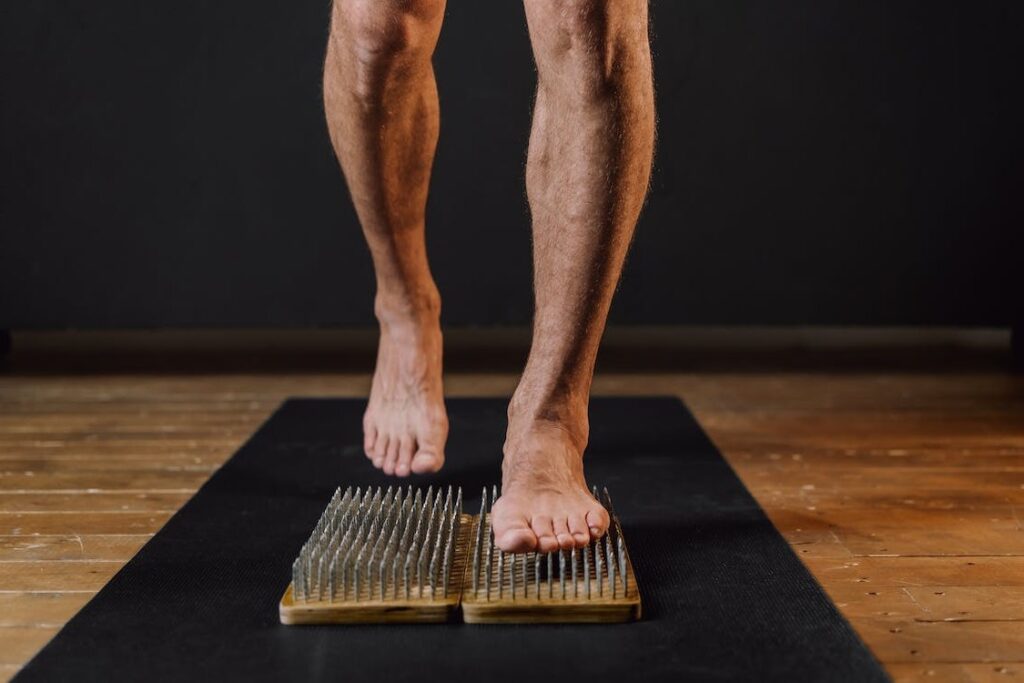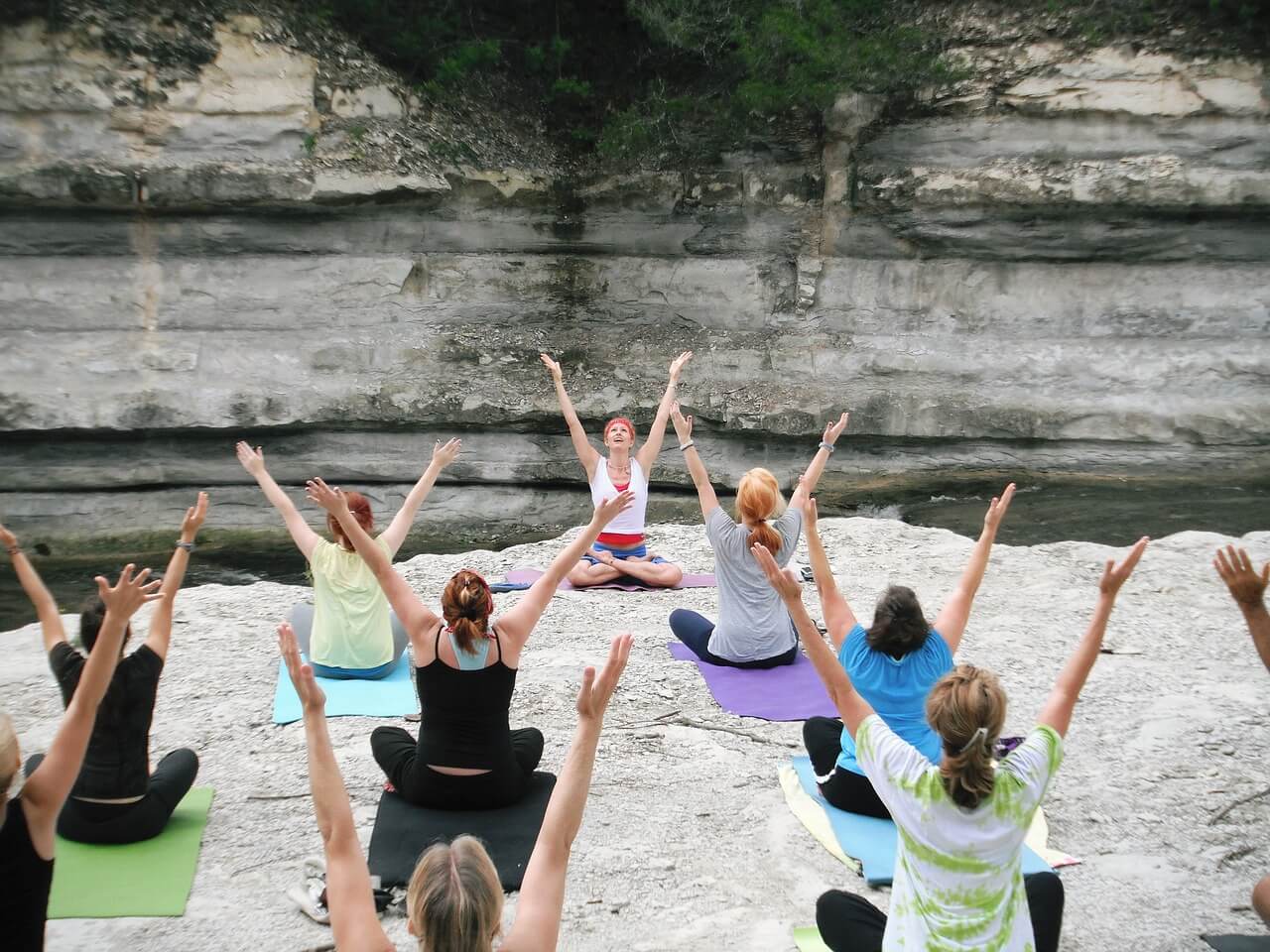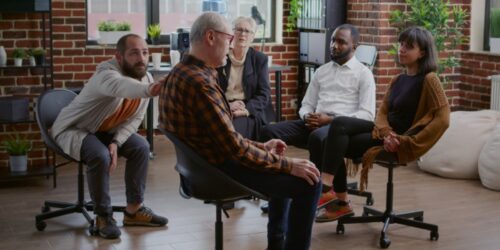Acupuncture And Other Complementary Therapies In Addiction Treatment

Trying to understand the complexities of addiction can feel like looking up at a cloud-covered mountain peak from its base. But know this: if you’re attempting to help a loved one overcome addiction, you don’t have to go it alone. There are numerous skilled professionals and successful treatments available to you and your loved one. Some may be surprised to learn that acupuncture and other alternative treatments are among them.
Acupuncture, a type of ancient Chinese medicine, involves inserting thin needles into certain points on the body. This age-old practice has shown encouraging results in assisting those battling with addiction with cravings, withdrawal symptoms, and stress reduction. Aside from its physiological benefits, acupuncture allows for introspection and inner-reflection, which are sometimes lacking in the frenzy of addiction therapy.
Clinical trials undertaken both worldwide and in South Africa back up these findings. The University of the Western Cape in Cape Town, for example, has been researching the efficacy of acupuncture in addiction treatment. The Sharp Treatment and Recovery Programme in Johannesburg is just one of several South African hospitals that recognize the benefits of acupuncture and incorporate it into their patients’ comprehensive treatment programmes.
Mindfulness-based interventions are one therapeutic option to consider for your loved one. The mindfulness practice, which has its roots in early Buddhist philosophy, comprises paying attention to the present moment without placing judgment on it. This can mean learning that cravings to use are merely ephemeral impulses that can be ignored for someone battling with addiction.
Yoga is one such alternative therapy that has shown promising effects in the treatment of addiction. This spiritual and physical exercise can assist to relieve stress and worry, which can contribute to substance abuse. Yoga, like acupuncture, provides advantages that go beyond the physical since it stimulates emotional introspection and balance.
When paired with more traditional procedures such as medicine and therapy, these treatments are most effective. Addiction rehabilitation, you know, is rarely a straight line. Rather, it is a complicated route with many twists and turns that necessitates therapy that considers not only the addict’s physical demands but also the psychological issues that contribute to addiction and the addict’s overall health.
Consult with a doctor or an addiction specialist about how these treatments can be incorporated into your loved one’s entire treatment plan. South Africa is home to a wealth of knowledgeable specialists and resources. Addiction therapy is most effective when it is tailored to the patient’s personal history of substance addiction and other circumstances.

Tools To Help With Evaluating The Role Of Acupuncture And Other Complementary Therapies In Addiction Treatment
- Research Evidence: Dive into the latest clinical studies, research papers, and meta-analyses regarding the role of acupuncture and other complementary therapies in addiction treatment. This will give you a grounded understanding of the benefits and potential limitations of these practices.
- Medical Consultation: Arrange a consultation with a healthcare professional who has experience in addiction treatment. They can provide you with detailed insights based on their practical experience and help you understand whether these therapies could be a good fit for your loved one’s individual circumstances.
- Therapy Sessions Observation: If possible, try to observe acupuncture or other complementary therapy sessions. This firsthand experience can provide you with a clear idea of what your loved one would go through during the treatment. Remember, though, that privacy and consent are important. Only do this with the full agreement of all involved.
- Patient Testimonials: Look for testimonials from individuals who have used acupuncture or other complementary therapies in their addiction treatment. Their experiences and stories might give you a sense of what your loved one might expect from the treatment.
- Treatment Centers’ Practices: Research various treatment centers and their approaches to addiction treatment. Centers that integrate complementary therapies like acupuncture in their treatment plans could be worth considering for your loved one. Evaluating their treatment protocols will help you understand the role these therapies play in the larger scheme of addiction treatment.
The unorthodox treatments suggested in the articles, such as acupuncture and other alternative therapies, may improve your loved one’s recovery.
The promise of acupuncture as a treatment for stress, withdrawal symptoms, and cravings was examined in the first section of the study. It emphasized the importance of South African institutions in the study of acupuncture and its incorporation into integrative treatment modalities. It also underlined the importance of mindfulness activities and yoga as complementary treatments. These treatments may be critical to your loved one’s recovery because they not only relieve physical symptoms but also promote an inward focus.
The second section provided five strategies for determining the efficacy of these treatments. It emphasized research findings, expert advice, firsthand experience, patient input, and treatment center protocols. Each resource is designed to give you the information you need to make informed decisions regarding your loved one’s care.
Addiction treatment appears to require a personalized, comprehensive approach. Acupuncture and other complementary therapies can be beneficial, but they are most effective when used in conjunction with traditional medical care. In keeping with the larger idea that addiction is a complicated disease, it is critical to treat the patient on all levels (physical, mental, and emotional).
Remember Nelson Mandela’s words as you face the challenges ahead: “It always seems impossible until it’s done.” Addiction may appear to be overpowering, but recovery is possible with the appropriate approach, a desire to seek professional assistance, and a commitment to understanding and supporting your loved one during their recovery.






